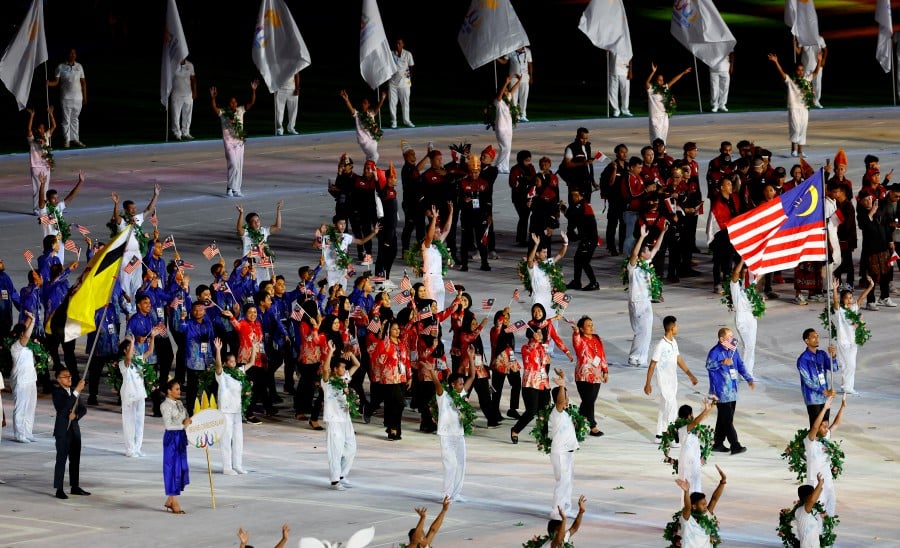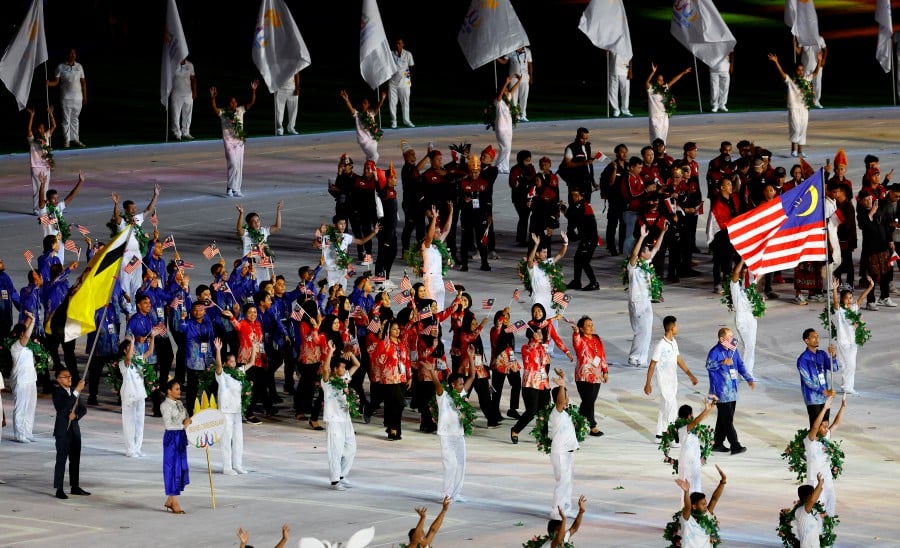
International sports, the upcoming Hangzhou games have cast a spotlight on the performance and confidence of various nations, including Malaysia. As we delve into the dynamics of Malaysian sportsmanship, it becomes evident that a certain lack of confidence looms over the athletes, potentially impacting their representation on the global stage. In this comprehensive analysis, we aim to dissect the factors contributing to this gloomy perception and shed light on possible avenues for improvement.
Current State of Malaysian Sports
A Historical Perspective
Malaysian sports have a rich history, marked by notable achievements in badminton, squash, and cycling. However, the recent narrative seems to suggest a decline in the overall confidence of Malaysian athletes, especially as they gear up for the Hangzhou games. Understanding the historical context is crucial in unraveling the intricacies of this shift in perception.
Recent Performances: A Cause for Concern?
The recent track record of Malaysian athletes on the international stage reveals a mixed bag of results. While there have been commendable performances, a consistent thread of underwhelming outcomes raises questions about the state of confidence within the sports community. Whether it’s the pressure of representing the nation or external factors, these performances warrant closer examination.
Identifying the Confidence Deficit
Psychological Factors at Play
Athletes, like any individuals, are susceptible to psychological pressures that can significantly impact their performance. The fear of failure, coupled with the burden of national expectations, may contribute to a confidence deficit among Malaysian sportspeople. Recognizing and addressing these psychological barriers is paramount for fostering a positive and resilient mindset.
Infrastructure and Support Systems
The ecosystem supporting athletes plays a pivotal role in shaping their confidence levels. A lack of state-of-the-art training facilities, sports science resources, and comprehensive support systems may be contributing to the perceived deficit. Investment in these areas is not just a financial consideration but a strategic move to bolster the confidence of athletes aiming for international glory.
Strategies for Confidence Restoration
Mental Conditioning Programs
To address the psychological challenges faced by athletes, the implementation of targeted mental conditioning programs is imperative. These programs, designed in collaboration with sports psychologists, can equip athletes with the tools to manage stress, enhance focus, and build unshakable confidence, thereby transforming their mindset for success.
Revamping Training Infrastructure
Investing in world-class training facilities and incorporating cutting-edge sports science methodologies can have a transformative impact on athlete confidence. A holistic approach, encompassing physical, mental, and nutritional aspects, is key to preparing athletes for the rigors of international competitions, instilling in them the belief that they are adequately supported in their pursuit of excellence.
Looking Forward: The Road to Hangzhou
As we dissect the current state of Malaysian sports and the confidence challenges faced by athletes, it becomes clear that a strategic overhaul is needed. The journey to Hangzhou provides a unique opportunity for Malaysia to not only showcase its athletic prowess but also to address the confidence deficit head-on.
Conclusion
In conclusion, the assessment of Malaysian sports reveals a nuanced landscape where historical achievements coexist with present challenges. By acknowledging the psychological barriers, fortifying support systems, and implementing targeted strategies, Malaysia can reverse the narrative of a confidence deficit. The Hangzhou games, therefore, stand as a potential turning point for Malaysian sports, where a renewed sense of confidence could redefine the nation’s position on the global sporting map.



2 Comments
Hi there friends, pleasant paragraph and pleasant urging commented here, I am really enjoying by
these.